Hi all,
Thank you for joining me for today’s song, Venceremos (We Will Overcome), by Victor Jara and Sergio Ortega. If you’d like to hear the song before you read about it, I’ve included a YouTube video below the article. For Japanese students, vocabulary words in bold are provided in Japanese below. TOEIC (PBT) 450+, Eiken 2, CEFR B1.
Did you know you can listen to each article of “Social Issues in Song” on the Substack App? Download the app here:
September in Latin America
(533 words)
September is the month in which many people in Latin America celebrate their country’s independence or revolution: September 7 - Brazil, September 15 - Costa Rica, El Salvador, Guatemala, Honduras, and Nicaragua, September 16 - Mexico, September 18 - Chile, September 21 - Belize.
In Chile, September 18th celebrates the beginning of the country’s fight for independence from Spain in 1810. Another September anniversary, celebrates the election of Salvador Allende as president in 1973.
Today’s song, Venceremos (We Will Overcome), is a Chilean protest song that became important during a change in government in 1973. It was made popular by a singer named Victor Jara and a group called Inti Illimani.
At the time, the government was run by a small group of people who had all the power. These people made decisions and controlled things, even though most people in the country didn’t have a say. The poor and people in need in Chile wanted to change their society so that they would be better represented in the government and have healthcare, education, and housing.
Chile’s folk music movement helped people talk about social and political problems. Artists like Victor Jara used music to encourage others and create a sense of unity. Venceremos was inspired by the American civil rights song We Shall Overcome. Jara, who cared deeply about politics, changed the song to fit the struggles in Chile. Jara wrote the lyrics and Sergio Ortega wrote the music. Venceremos became very popular. People understood Victor’s passionate singing and the song’s message of hope. Venceremos became the official song of the Popular Unity Party which supported Salvador Allende.
Venceremos
From the deep crucible of the homeland
The people’s voices rise up
A crucible is a very difficult situation with many different groups or elements, but in the end, something new is created.
The new day comes over the horizon
All Chile begins to sing
Remembering the brave soldier
Whose example made him immortal (not able to die)
We face death first
We will never betray (not be loyal to) the country
We will win, we will win
We will have to break a thousand chains
We will win, we will win
We will know how to overcome fascism
Victor Jara’s wife, Joan, was a dancer and choreographer. She took the Ballet Popular, a dance group based in Santiago, with them as they traveled around Chile in support of Salvador Allende, who many people wanted to be the next president.
Peasants, soldiers, miners
The women of the homeland as well
Students, employees and workers
We will do our duty
We will sow the land with glory
The future will be socialist
All together we will make history
To fulfill, to fulfill, to fulfill
To fulfill means to achieve something or make something happen.
Several days after Allende was elected, he was taken out of office in a coup d’etat. Soldiers took many teachers, writers, poets, and singers, to the soccer stadium and held them there. Victor Jara was among the group. He stood up to give hope to the others who were being held. He sang Venceremos before the soldiers killed him.
Venceremos became part of Chile’s history and culture, still remembered today as a symbol of the country’s strength.
Question:
Does your country celebrate a national holiday such as a day of independence?
Vocabulary
independence 独立
be represented 代表される
housing 住宅
encourage 奨励する
unity 団結
struggle 闘争
passionate 情熱的な
crucible 坩堝(試練)
homeland 祖国
immortal 不滅の
betray 裏切り
fascism ファシズム
choreographer 振付師
peasant 農民
miner 鉱夫
sow 種をまく
socialist 社会主義的
a coup d’etat クーデター
Sources
Jara, Joan. Victor: an unfinished song. 1983. Jonathan Cape publishers, London.
Newsletter from Community Church of Boston: http://www.communitychurchofboston.org/home/





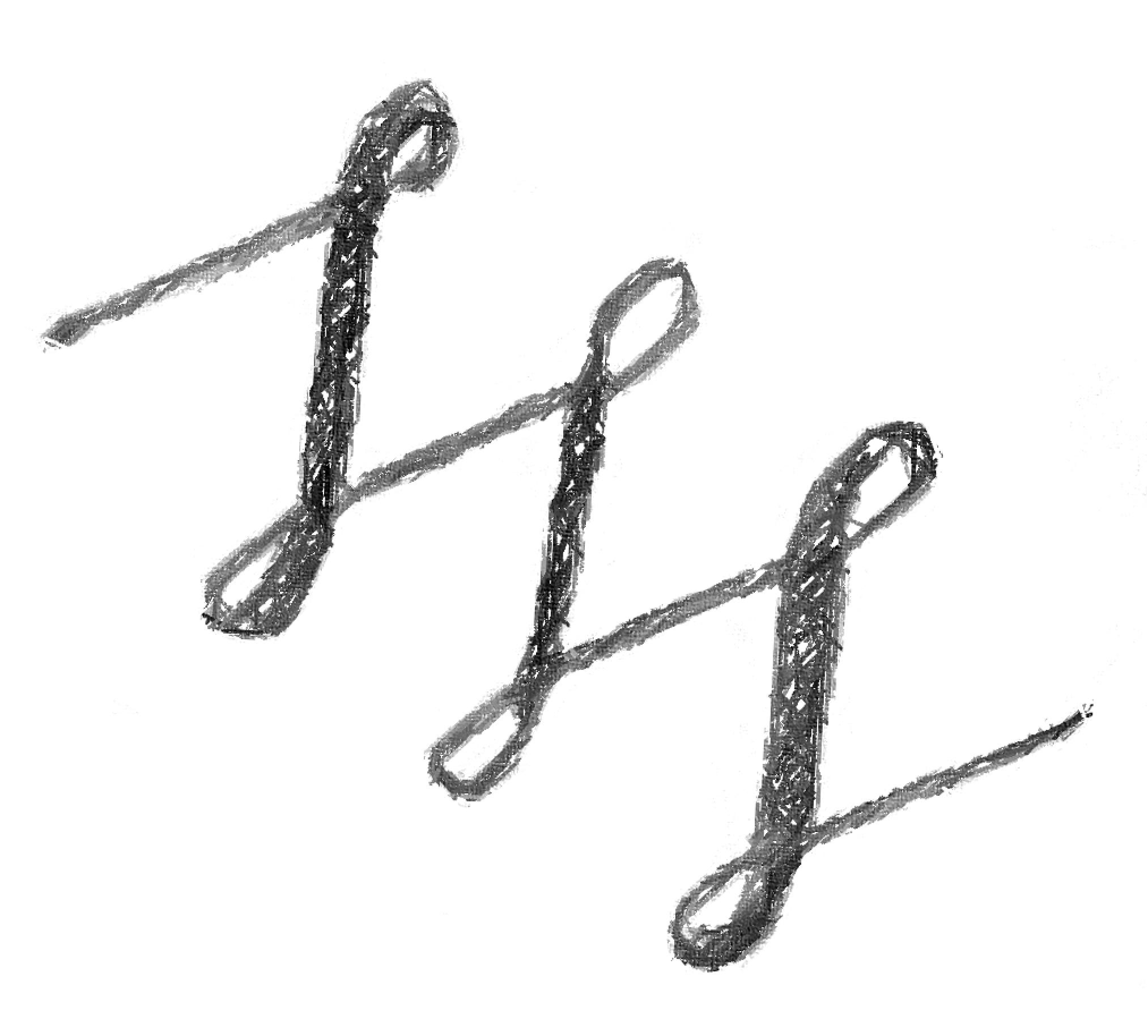
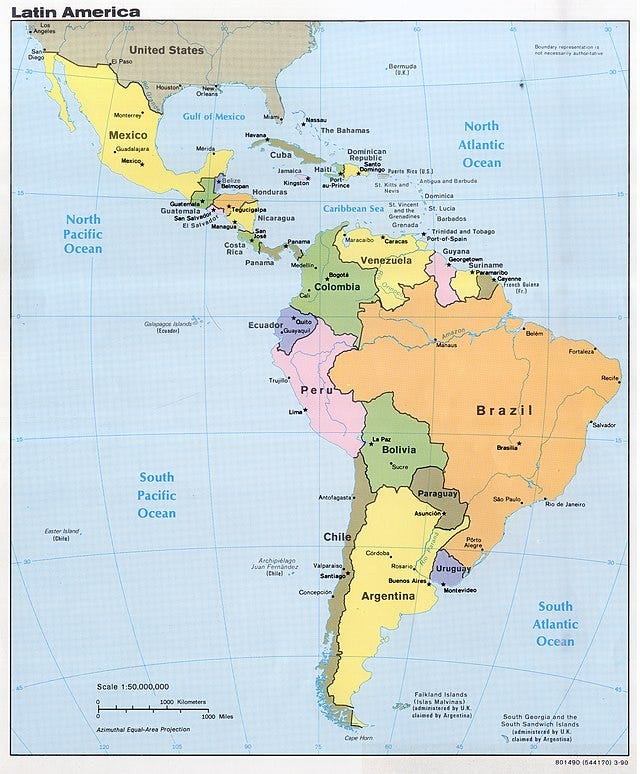
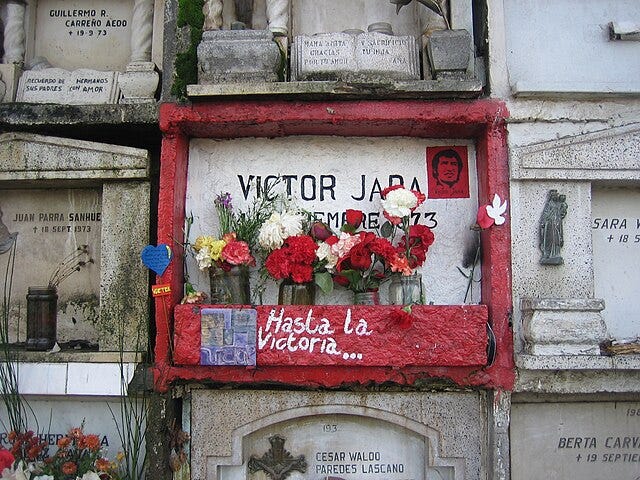


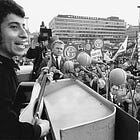
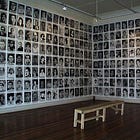
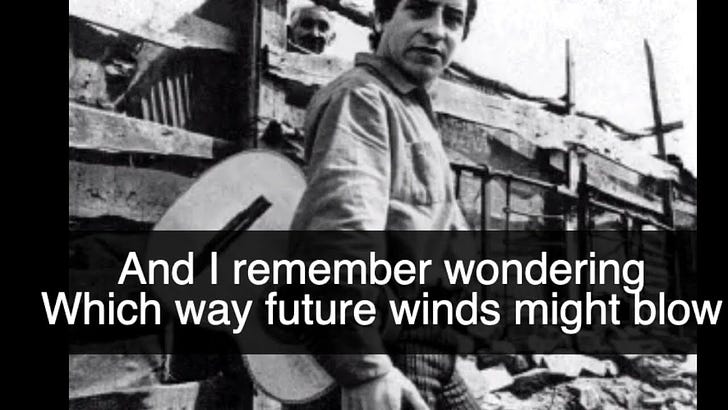

Hi Louise, Here in France July 14 is a national holiday and celebrated in almost every town and village across the country, it celebrates the storming of The Bastille on 14/07/1789 and the unity of the French people the following year 1790 on the same day. It is said to be "the oldest and largest military parade in Europe". The march takes place on the Champs-Élysées in Paris in front of the President of France, along with other French officials and foreign guests. I prefer to rest quietly on my hill and just give thanks for unity everywhere and hope that it happens! xx
:For Your Students: Bastille Day is the common name given in English-speaking countries to the national day of France, which is celebrated on 14 July each year. In French, it is called the Fête nationale française; ('French National Celebration'); legally it is known as 'le 14 juillet'